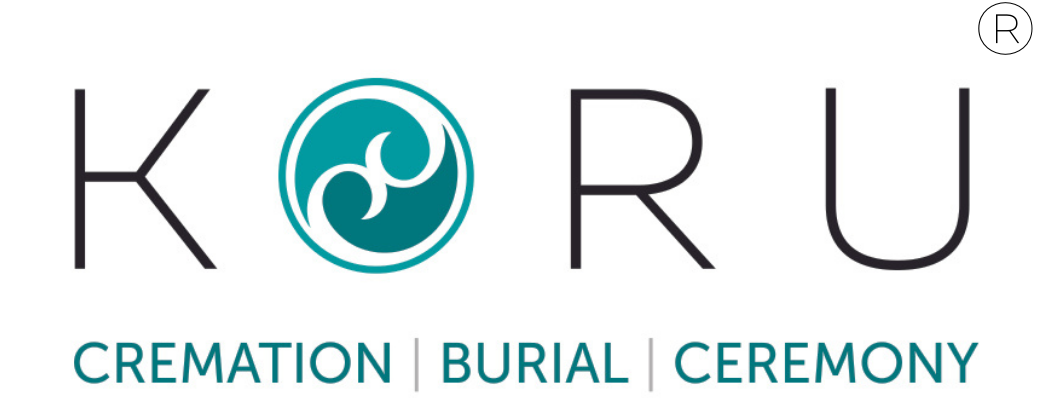
Planning Ahead for Medical Assistance in Dying (MAiD)
It can feel overwhelming to start the conversation with any deathcare planning. MAiD is still new, so for many folks it is even more daunting. We are in the early days of creating processes, ceremonies, and ritual around caring for the dying and their families during and after MAiD.
This page will introduce broad steps to take, and factors to consider with this death planning. Our focus is on the day of the provision and the days after, you can learn about the healthcare process at the links below.
Bridge C-14 – Support Through the MAiD Process Canada
BC Government – Medical Assistance in Dying
Before the Date is Booked
Deciding on the date and time for our death isn’t something most of us have considered. It is now possible for some of us to choose this as well as the setting we would like to be in. Surrounded by family, on our own, at the clinic or in our homes.
KORU Cremation | Burial | Ceremony has collaborated to assist clients with accessing the provision in city parks in the Lower Mainland, and has hosted individuals who chose to have MAiD in our Gathering Room. The key is knowing what the options are so that whatever the best fit is can be narrowed down.
At Home
Depending on the client’s mobility at the end of life they may need to stay in place. In this sense, whether at home or in a care facility they may stay in place to ensure greatest comfort.
If they are dying at home their community may decide to keep their body in place for a period of time. This is known as a vigil, home funeral, or delayed transfer. Whether for a few extra hours or a couple of days, KORU can support with the transition from end of life care to after death support with as much ease as possible.
In the Community
An individual planning their MAiD date may have a specific place in mind that is meaningful or special to them. This could be a local park or place where they spent a lot of time.
As mentioned above, this is new territory for everyone in our communities.
If there is a special place where someone wants to receive MAiD, the first step is asking permission. KORU has helped individuals by making these calls and jumping through the hoops to see what is possible.
We have the experience, a private canopy and other supplies ready to deploy for a park MAiD event, which can be a beautiful space to spend your last moments in.
Ask us about a place you have in mind. We are not able to guarantee it will happen but we promise we will try.
In the Clinic or Hospital
For some clients their comfortable place is in the healthcare facilities where they have been attending appointments and procedures, possibly throughout their illness. There are various facilities around the Lower Mainland that will accommodate the provision.
These facilities will require a plan with a funeral home for body transport. In almost all cases it is booked ahead of time, so if the provision is at 2pm the transfer staff will arrive by 2:30pm (for example).
What Happens After
Once the provision is completed there is a surreal and quiet time. Their body will need to be cared for or transported within a short time.
If the community has decided to keep their body in place for a vigil, home funeral, or delayed transfer, not much will happen right away. For an extended stay it is important to do some basic sanitary care, and prepare the space. Cooling their body down and circulating air in the room is a start.
There is the option to have one of the KORU team come to the home to help with the immediate care. For detailed guidance, give us a call or email and we will be glad to connect.
If their body will be moved right away to the care of the funeral home, it is important to notify them as soon as possible. Many times with MAiD the plans for after-death care will have been scheduled in advance, so it could be the transfer vehicle is already scheduled to arrive.
After the Death
Funeral homes and deathcare providers are required to work with the executor or legal next-of-kin. The Control of Disposition legislation can be viewed here.
If there is no Will in place, the legal next-of-kin is assigned based on this legislation. It is not possible to designate someone in absence of a Will.
It is firmly recommended that if someone is receiving MAiD to ensure that the person who will be responsible for their death planning is aware.
Without a Will
If there is no Will and the next-of-kin are unable or unwilling to act, then the case is brought to the Public Guardian and Trustee. The PGT will review the case, and if their criteria are not met it will be sent to the Ministry of Social Development and Poverty Reduction.
During this process the deceased person is in the morgue facility at the funeral home. It can take weeks for the review and delegation of responsibility, which can be hard for those who care for the person who has died.
Adult friends who are not designated in a legal Will are very unlikely to be able to participate in the after death planning. It is vital if a trusted friend would like to act in this capacity that they are appointed Executor.
Where to Start
Whether you are researching for yourself, a loved one, or someone in your extended network, we are here to help.
Call us anytime at 604-324-8285 or reach us through the Contact Us page.
Feedback From Lived Experience
Below are a compilation of the top 20 considerations for MAiD based upon feedback from lived experience.
~ Collected by and with permission to share from Bridge C-14 ~
- The time before the MAiD provision is challenging, regardless if you are prepared or not – be kind to yourself and be kind to others.
- Some individuals find that the event itself is underwhelming or doesn’t go as planned. People who are ready to die may not say or do the things that you imagine / plan / hope for. Consider saying your goodbye in advance.
- Many people who are ready to die don’t want to say many goodbyes or visit with others. Consider writing a letter or performing a ritual in private. Ask yourself, is this what you need or what they need?
- If you are immediate family or someone who will be present during MAiD, consider the things that will make the MAiD experience most comfortable for you, especially once your loved one is gone. Ask the individual if they have certain requests or if they would consider your thoughts as well.
- Request a meeting in advance as a family or 1:1 with a member of the MAiD Program to review questions or concerns, understand what to expect and talk about the process if you feel this would be helpful.
- Inquire in advance about how the process will unfold for the day of the provision. Ask about the arrival timing of the nurse + physician or NP, how long you can stay with the person after the death, who will call the funeral home. In some provinces it is also important to assign someone to speak with the Coroner’s Office following MAiD.
- Many people are caught off guard about how quickly everything can happen once the medications are administered, as well as the size and number of syringes used. It can be helpful to know what each medication is for and what can be anticipated with each medication, as well as what the body may look like after the death.
- Know that it is okay to spend time with the body after the death and that it is not necessary to watch the removal of the body, this task can be assigned to someone else.
- Confirm arrangements with the residence or care facility that the individual resides in or is admitted to avoid untimely interruptions.
- Consider connecting with a death doula for support navigating care for your end of life, creating legacy and after death plans and preparing for your MAiD. Doulas can help you envision your fitting death and prepare supports for yourself and your loved ones before, during and after a death.
- Reflect on your values and what you would like to communicate to the children in your life. Offering children information and engaging them in family grieving eases their fears and improves their sense of trust and connection.
- Know that it is perfectly okay to say no. Assign a gatekeeper. Don’t be scared to reserve time and energy for the person to spend it with the people that they want to be with.
- Be prepared for people who hold opposing thoughts about MAiD. Set clear boundaries and don’t feel the need to challenge them.
- Ensure affairs are in order as far in advance as possible.
- Discuss funeral arrangements and/or writing an obituary with the individual choosing MAiD. Is this something that is important to them or to others? Decide who will make the decisions. Not all people will want to death with or do this.
- Create a video legacy project – several companies provide options to capture your story on video to share for years to come.
- Take lots of pictures or videos, even if it feels inappropriate. Perhaps consider the idea of hiring a photographer or videographer to capture the celebration of the person’s life.
- It can be helpful to connect with someone in advance who has lived experience with MAiD. Bridge C-14 offers access to 1:1 peer support programs, Facebook groups and drop-in sessions.
- Anticipatory grief is real and it is normal to experience this as you prepare for the MAiD death.
- If you are struggling, reach out for support, help is available. You are not alone.
Get expert grief support via text at KORU's special discount
Help Texts sends you tips, resources, and practical wisdom after a death.
The New Narrative Celebration of Life Event Planning Guide
A comprehensive document designed to simplify the tasks needed to plan an end of life event.
Parting Stone, solidified ash remains
An innovative and new approach of solidifying cremated ash remains into a collection of 40-60 smooth stones.


